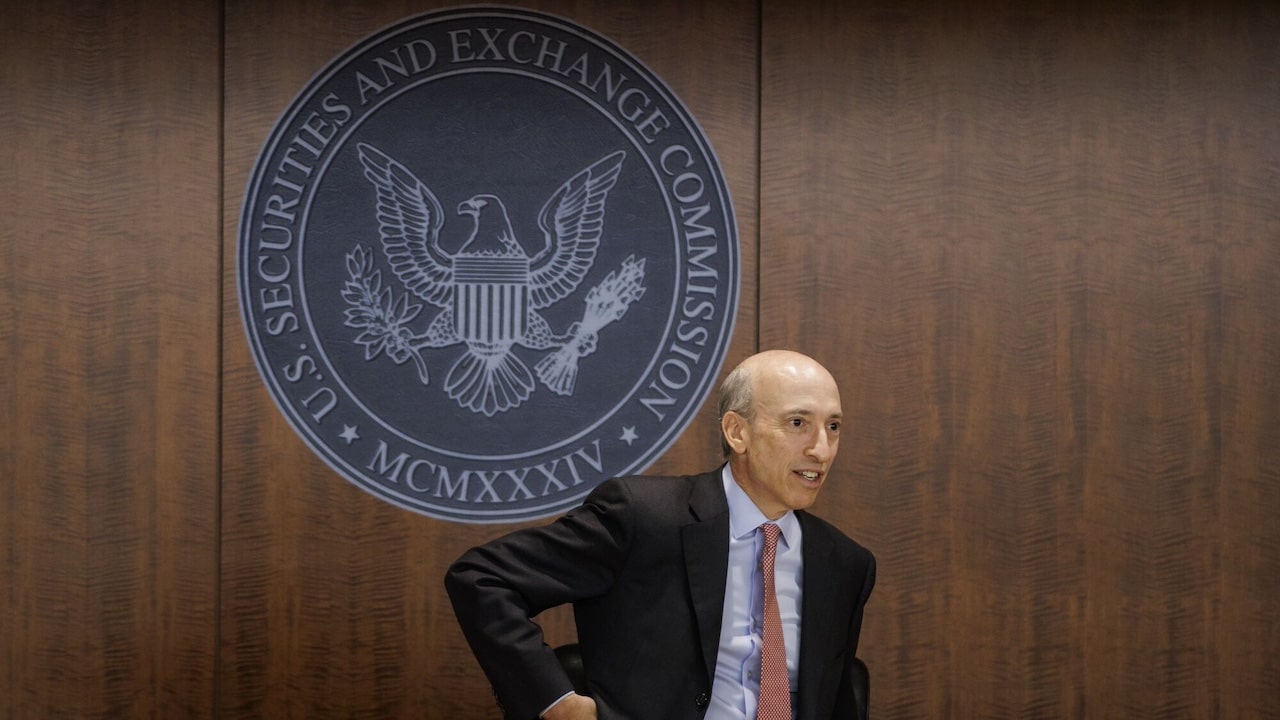The United States Securities and Exchange Commission (SEC) clarified in an amended complaint that it does not view crypto assets themselves as securities. Instead, it considers the surrounding contracts, expectations, and agreements related to their sale and promotion as falling under the definition of securities.
SEC’s Crypto Asset Clarification
In its ongoing case against Binance, the SEC expressed regret for any confusion caused by its repeated mischaracterization of crypto assets as securities. The agency acknowledged that while digital assets can be introduced as securities, mainly through Initial Coin Offerings (ICO), they often transition into commodities over time.
"The SEC regrets any confusion it may have invited" by falsely and repeatedly stating that tokens themselves are securities. This is the remarkable representation in Footnote 6 of @SECGov's Amended Complaint against Binance. I hope @s_alderoty is getting some good sleep tonight.… pic.twitter.com/PpbprvkGxh
— paulgrewal.eth (@iampaulgrewal) September 13, 2024
The financial watchdog has faced criticism for hampering the broader adoption of cryptocurrencies and Web3 technologies. Though the agency’s core mission is to prevent market manipulation, many within the crypto space believe it has overstepped its authority in regulating the sector.
Concerns about conflicting roles between the SEC and the Commodity Futures Trading Commission (CFTC) in overseeing digital assets have also surfaced. For example, the SEC now agrees that Ethereum has evolved from being a security to being classified as a commodity. This shift was instrumental in approving the first spot Ether ETFs in the U.S.
Although the SEC’s latest stance does not eliminate the possibility of a regulatory clampdown in the future, it suggests that the financial regulator may be relaxing its stringent outlook on crypto assets.
SEC Faces Political Scrutiny
The SEC’s clarification was well-received by key figures in the crypto community, including Coinbase’s Chief Legal Officer (CLO), Paul Grewal, and Ripple’s CLO, Stuart Alderoty. The Ripple executive pointed out that the regulatory agency has long been caught up in political interests. Meanwhile, SEC Chair Gary Gensler is currently under investigation by Republican lawmakers, who accuse him of engaging in political favoritism through his hiring decisions.
The SEC’s latest coincides with its recent settlement with the crypto trading firm eToro US. The crypto-focused platform agreed to pay $1.5 million in penalties for allowing the trading of certain digital assets deemed securities without adhering to U.S. registration requirements.
The SEC revealed that eToro has been offering U.S. customers the ability to trade crypto assets considered securities since at least 2020. The platform failed to register as a broker or clearing agency, violating federal securities laws. As part of the settlement, eToro has agreed to halt trading for all crypto assets except Bitcoin, Bitcoin Cash, and Ethereum.
